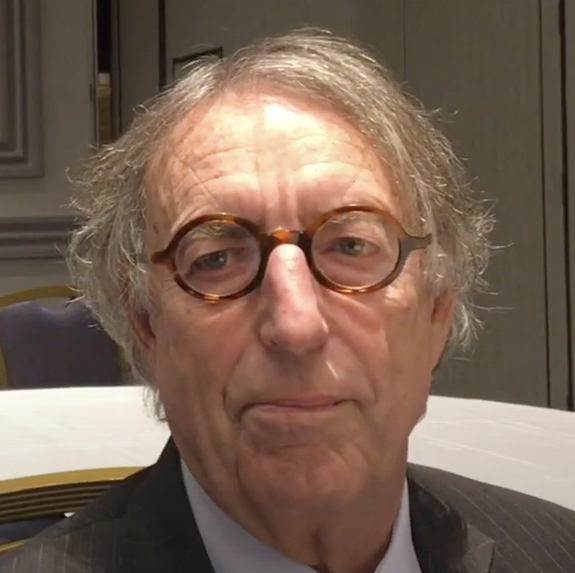An interview with Professor Chris van Weel at the meeting of the North American Primary Care Research Group
A Lifetime devoted to Family Medicine in the Netherlands
From pioneering academic to leader of the World Organisation of Family Doctors
I started my my practice in in Rotterdam where I was one of the first working in a health center, coming out of a situation where the 1960s general practice in the Netherlands was identical to single-handed male practice and we were practicing in a community setting and we had the multiplicity of medical issues, we had nurses, we had physiotherapists, but we also had social work and social psychiatry.
That was an experience at that time that was very difficult to match with other practices, very few other GPs had this experience, few other countries. For example, that was one of what I found were the most difficult issues to compare what our colleagues in Great Britain. Few had that same experience.
General Practice at that time was very disease, medical oriented and so that experience has always been very important for me when i moved to to to Nijmegen and into an academic career I had to develop research in the academic setting and again the initial problem was how do you get your foot behind the door, and how do you get into an environment where they accept what what we wanted to do and, of course, I think much of it already was in moving into this medical social context issue but that would have been a bridge too far to start. So I think what I initially did was pretty disease oriented research that brought some sort of a respectability.
Step by step, I got into the more complex issues from chronic diseases to multi-morbidity, from multi-mobility into complex patients, the interaction particularly with mental health, and at this moment I see that the department I left a couple of years ago is is continuing moving into the community moving into community needs but in a completely different Dutch context of course, where we don’t have these completely left out cases. What we did work on, one of the last things I did was work on general practice primary care for migrants and, particularly migrants without a permit to stay in the country, illegal migrants, and it was fascinating to see that general practice in the Netherlands in 2015/16 was able to link up to and provide care for individuals who were not in the country officially and we’re providing primary care for them, including them in top primary care.
So I think that was a fascinating journey and research is catching up on that and is becoming much more international in that respect so, we’re getting definitely out of the disease specific mode into addressing health problems, patients with health problems, multiple health problems, complex issues, complexity, and the second is the relation with of health and social well-being. That’s something I see also recently in WONCA (World Organisation of Family Doctors), This is happening now virtually everywhere.
WONCA became for me my international home, I think it was one of the first international conferences I ever went to. First conferences have something like your first girlfriend – you always come back to to that and so, when I was still in practice in Rotterdam, I became a member of the WONCA research committee as it was called. I built friendships and collaborations from that basis and I used WONCA when I was appointed to the chair in Nijmegen where I brought my research team to. So step by step I became more and more involved in WONCA and, in the end, I became President. I think I was able to lift the profile of research, international research, through my involvement in WONCA.
I think we made the very first, you could now call it a, needs assessment of research by having a conference in Kingston (Ontario, Canada) in 2003 where we invited people from as many countries as possible and through Canadian support we invited people from low and middle income countries and we addressed what the needs for research capacity building around the world were, what the research priorities were, and the specific strength of primary healthcare, family medicine. So, for example, the whole idea of building practice-based research networks. And you see that’s a development now taking place in many many countries.
When you focus research in the practice environment you automatically come into the social economic environment of that practice, you come to the social determinants of health, and so there’s this broadening, there’s this very specific primary healthcare focus of research on populations, individuals, populations, in the context where they live and work, get sick, and have to be improve their health. That’s the mission of primary care research

